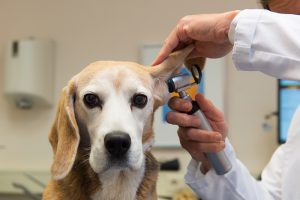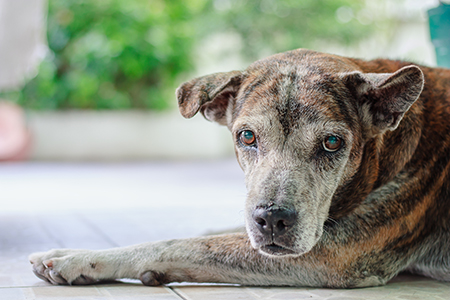
SPAY/NEUTER CLINIC
Spaying or neutering your pet is an important part of keeping them healthy and happy.
 EMERGENCY
Make Appointment
EMERGENCY
Make Appointment
 Check-in
Emergency
Check-in
Emergency
Our staff of experienced veterinarians & technicians offer a wide range of services to keep your pet healthy and happy.
We offer preventive care, diagnosis & treatment of illnesses, surgery, dental care, and more.

Our commitment is to provide only the best veterinary medical care throughout the life of your pet. Our services and facilities are designed to assist in the routine preventative care for young, healthy pets; early detection and treatment of disease as your pet ages; and complete medical and surgical care as necessary during his or her lifetime.
Our veterinary staff provides excellence in animal medical care. Contact our Professional Veterinary Staff at (727) 592-1816 for your questions, or to schedule an appointment.

Spaying or neutering your pet is an important part of keeping them healthy and happy.

Our team of experienced veterinarians is equipped to treat a wide range of skin disorders.

Dogs and cats need regular dental services just like people do.

Wellness exams do more to prevent disease than they do to diagnose illness.
Kristen Ellis,
Google Review, December 17, 2022

A veterinary oncologist is a veterinarian who specializes in diagnosing and treating cancer in animals. This specialization requires additional training beyond veterinary school, typically including a one-year internship and a three-year residency in oncology. Veterinary oncologists are skilled in using various treatments and therapies to manage cancer in pets, similar to oncologists who treat humans.…
Periodontitis is a serious gum disease that can affect both dogs and cats, leading to a range of health issues. It’s important to recognize the signs so that you can seek veterinary care promptly. Here are some signs of periodontitis in dogs and cats: If you notice any of these signs, it’s important to take…
Myasthenia Gravis is a neuromuscular disorder that significantly impacts dogs and, to a lesser extent, cats. It is characterized by weakness and rapid fatigue of the voluntary muscles, stemming from a disruption in the communication between nerves and muscles. There are two primary forms of MG in pets: acquired and congenital. Symptoms in dogs and…
Vomiting and diarrhea in pets can be caused by a variety of factors, ranging from minor to serious. Some of the most common reasons include: It’s important to note that while occasional, mild vomiting or diarrhea can occur in healthy pets without a serious underlying cause, persistent, severe, or recurrent symptoms warrant a veterinary examination.…
he relationship between pyometra and spaying (the surgical removal of the ovaries and usually the uterus) is significant. Spaying a female dog or cat effectively removes the risk of developing pyometra because the uterus, which is the site of the infection, is usually removed during the procedure.
Bladder stones, also known as uroliths, are a common health issue in cats. These stones are hard collections of minerals that form in the urinary bladder.
As a pet owner, it is important to be aware of the most common ailments that can affect your cat. This knowledge can help you to identify potential problems early on and seek prompt veterinary care. Some of the most common cat ailments include diarrhea, urinary tract infections (UTIs), feline upper respiratory infection (URI), fleas…
The most common cause of UTIs in cats is bacteria. Bacteria can enter the urinary tract through the urethra, which is the tube that carries urine from the bladder to the outside of the body. Bacteria can also enter the urinary tract through the kidneys.
Sepsis in dogs is a severe and potentially life-threatening condition that can affect any dog. Sepsis is a potentially life-threatening condition caused by the body’s response to an infection. It occurs when the body’s immune system launches an overwhelming response to an infection, leading to widespread inflammation that can result in organ damage. In severe…
As a pet parent, the health and well-being of your feline friend are of utmost importance. But when your cat falls ill, it can be distressing to understand and manage the situation effectively. One common infection cats can suffer from is ringworm. Despite its name, ringworm is not caused by a worm but a fungus…
Dogs are known to be empathetic animals. They have the ability to pick up on and respond to their owners’ emotional states. Studies have shown that dogs can recognize emotions in humans through their body language, vocalizations, and scent. They can also mimic human emotions, such as happiness, sadness, and fear.
Yeah, we don’t want to discuss it either, but it needs to be talked about. Why do dogs eat poop? Eating feces, also known as coprophagia, is a common behavior among dogs, although not all dogs exhibit this behavior. There are several reasons why dogs may eat poop: NUTRITIONAL DEFICIENCIES Dogs may eat feces if…